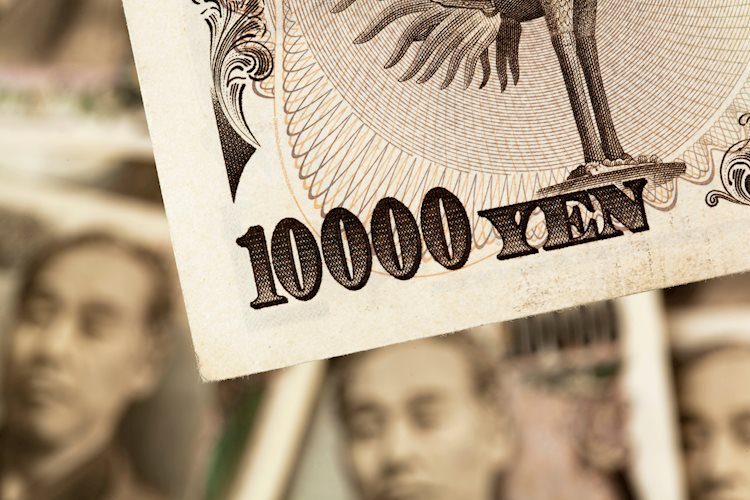The Japanese Yen has been sliding against the US Dollar, reaching 159.00 on Tuesday. This comes after the Japanese Ministry of Finance intervened with an estimated 2.14 trillion Yen last Thursday, causing the Yen to fall from 162.00 to 157.00 against the USD in just two days. However, the impact is starting to fade as events unfold, with former US President Donald Trump gaining momentum in the race towards the White House. This has led to speculation that a potential Trump win in the US presidential election is causing the Yen to weaken even further.
Meanwhile, the US Dollar Index is showing small gains, holding steady in the 104.50 range. The markets were disappointed after Fed Chairman Jerome Powell did not provide any hints on the future of the Federal Open Market Committee meetings, particularly in regards to inflation and potential rate cuts. The US retail sales data is showing positive signs, indicating a better situation for the US consumer than previously expected. Additionally, reports show that Japan has spent a significant amount on intervention, contributing to the weakening of the Japanese Yen.
The CME Fedwatch Tool suggests a high probability of a 25 basis points interest rate cut by the Fed in September, with minimal chances of no rate change. In Japan, there is speculation about a rate hike at the end of July and in September. The benchmark rates in both countries are showing some movement, with the US 10-year benchmark rate at 4.17% and the Japan Treasury Note at 1.02%. Traders are anticipating further strengthening of the US Dollar against the Yen, with the support level for USD/JPY at 157.58 and a potential return to 160.32 in the coming weeks.
Inflation plays a crucial role in the value of currencies, with central banks targeting a manageable level of around 2%. Core inflation, which excludes volatile elements like food and fuel, is the figure economists focus on. Higher inflation usually leads to higher interest rates, which can strengthen a currency. In times of high inflation, central banks may raise interest rates to combat it, attracting global capital inflows. Gold, previously seen as a hedge against inflation, may be negatively impacted by higher interest rates. Lower inflation, on the other hand, tends to be positive for Gold as it brings interest rates down.
In summary, the Japanese Yen has been weakening against the US Dollar, with potential interventions and political events influencing the currency pair. Speculation about the future of the FOMC meetings and interest rate cuts is impacting the US Dollar. Inflation plays a significant role in currency valuation, with central banks aiming for a manageable level to maintain economic stability. The movement of benchmark rates and gold prices are also influenced by inflation and interest rate changes. Traders are monitoring these factors to make informed decisions in the forex market.





















